Ask AI on The Internet
Question: 7. Natural selection is a theory that states that those individuals who are best adapted to live in an area will survive and reproduce. Some organisms in a population are faster, more colorful, bigger, or smarter than others in their species. Individual traits sometimes are helpful, neutral, or harmful. Natural selection naturally results from ____________________. A.organisms actively trying to adapt to environmental changes. B.organisms that have expressed traits that are more colorful. C.mutations in DNA codons that create adaptations. D.genetic variation in a population. 8. A wildlife biologist is studying a population of penguins at the South Pole. These penguins are endangered by global warming and the destruction of their habitat. How will natural selection produce change in the penguins? A. Natural selection will act upon each penguin individually to produce advantageous changes within one generation. B. Natural selection will only act upon the penguins with harmful traits and produce increasingly disadvantageous changes over several generations. C. Natural selection will only act upon the penguins with advantageous traits and produce increasingly disadvantageous changes within two generations. D. Natural selection will act upon the entire population of penguins to produce advantageous changes over several generations.
7. Natural selection naturally results from ____________________. D. genetic variation in a population. Explanation: Natural selection operates based on the genetic variation present within a population. This variation means that some individuals have traits better suited to their environment, allowing them to survive and reproduce more effectively than others. 8. How will natural selection produce change in the penguins? D. Natural selection will act upon the entire population of penguins to produce advantageous changes over several generations. Explanation: Natural selection influences the entire population, not just individuals. Over many generations, individuals with advantageous traits are more likely to survive and reproduce, gradually leading to a population with those beneficial traits becoming more common. It is a slow process occurring over multiple generations, not within just one or two.
Think your answer is better than the AI's? Post it below.
Other Most Relevant Posts:
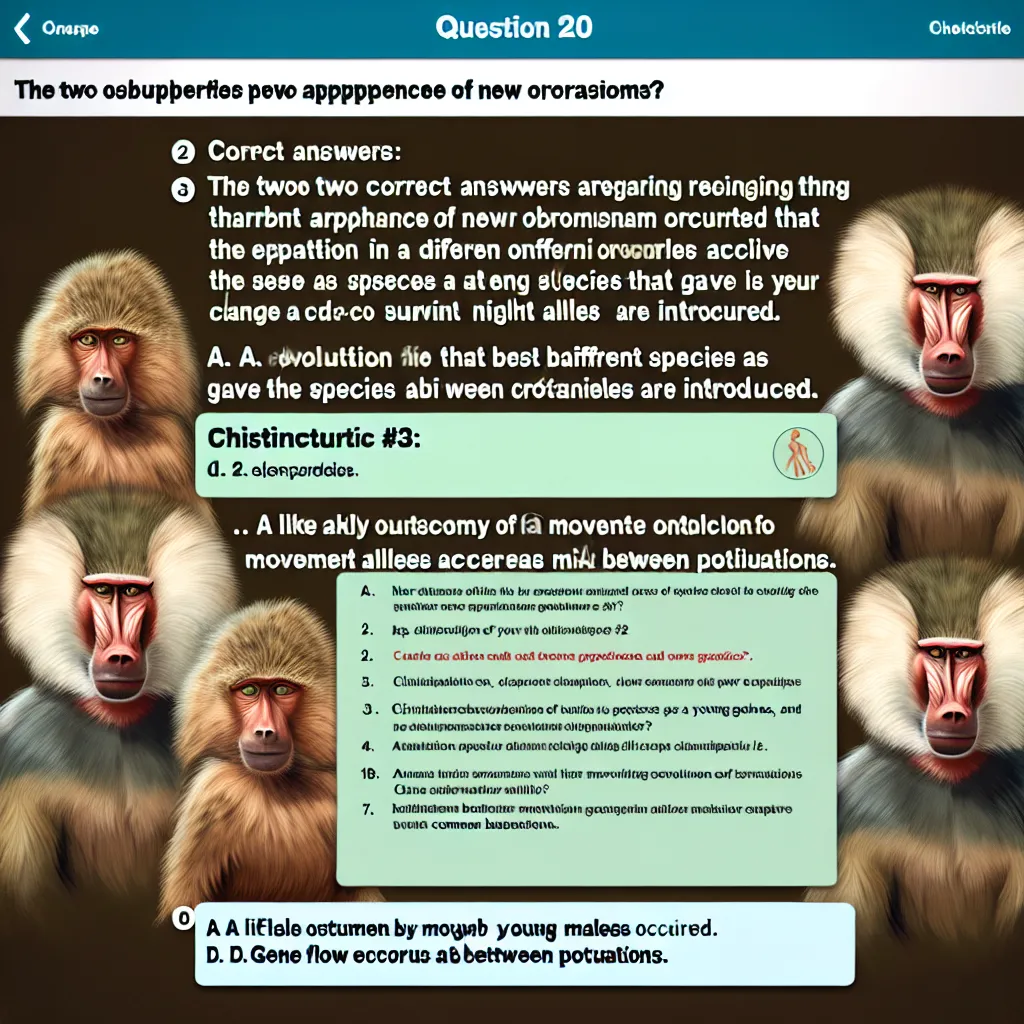 20. The evidence for new organisms: environmental change and speciation events.
22. Indications of genetic adaptation for survival.
Common baboons: Outcome of movement by young males.
20. The evidence for new organisms: environmental change and speciation events.
22. Indications of genetic adaptation for survival.
Common baboons: Outcome of movement by young males.
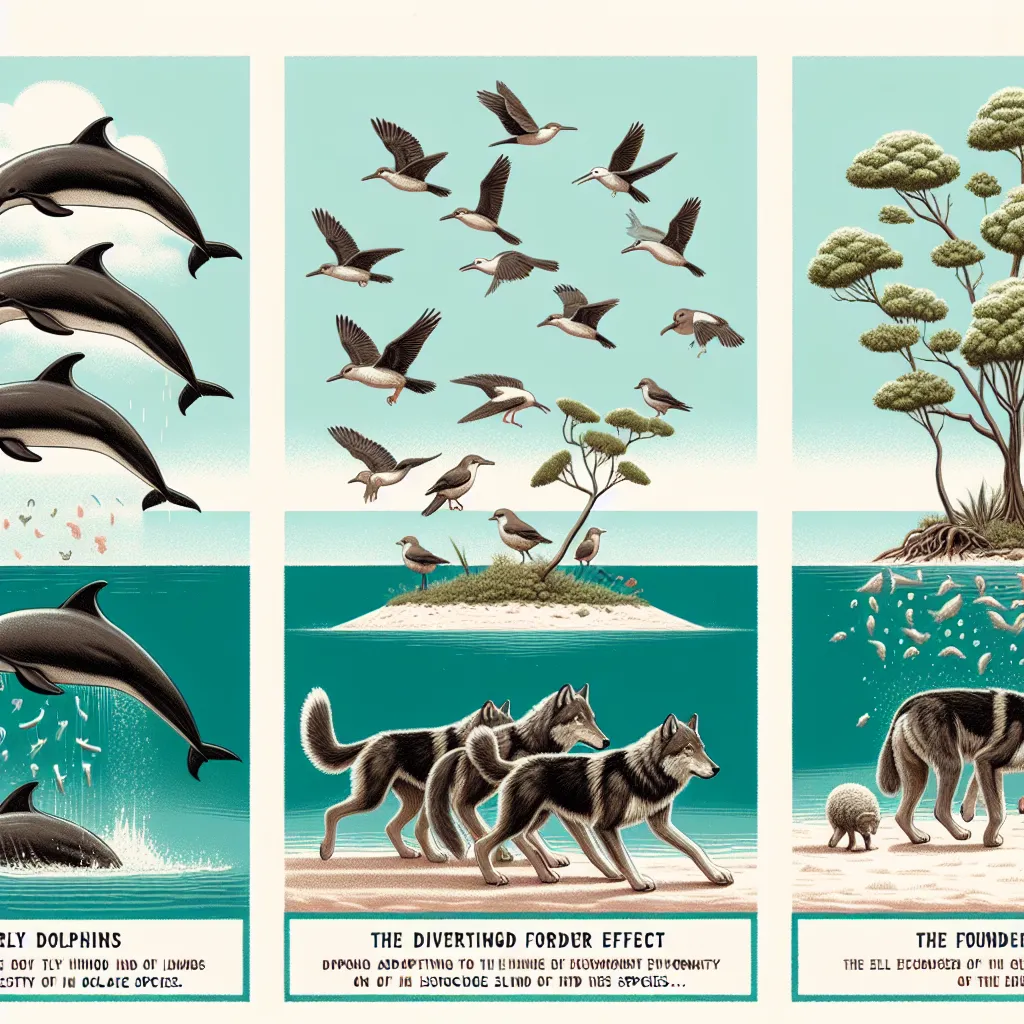 1. Early development and disappearance of hind limbs in dolphins
2. Evolution pattern represented
3. Evolutionary mechanism explaining low genetic variation in wolves
1. Early development and disappearance of hind limbs in dolphins
2. Evolution pattern represented
3. Evolutionary mechanism explaining low genetic variation in wolves
Question Tags
If you want your question answered by an AI, click here.
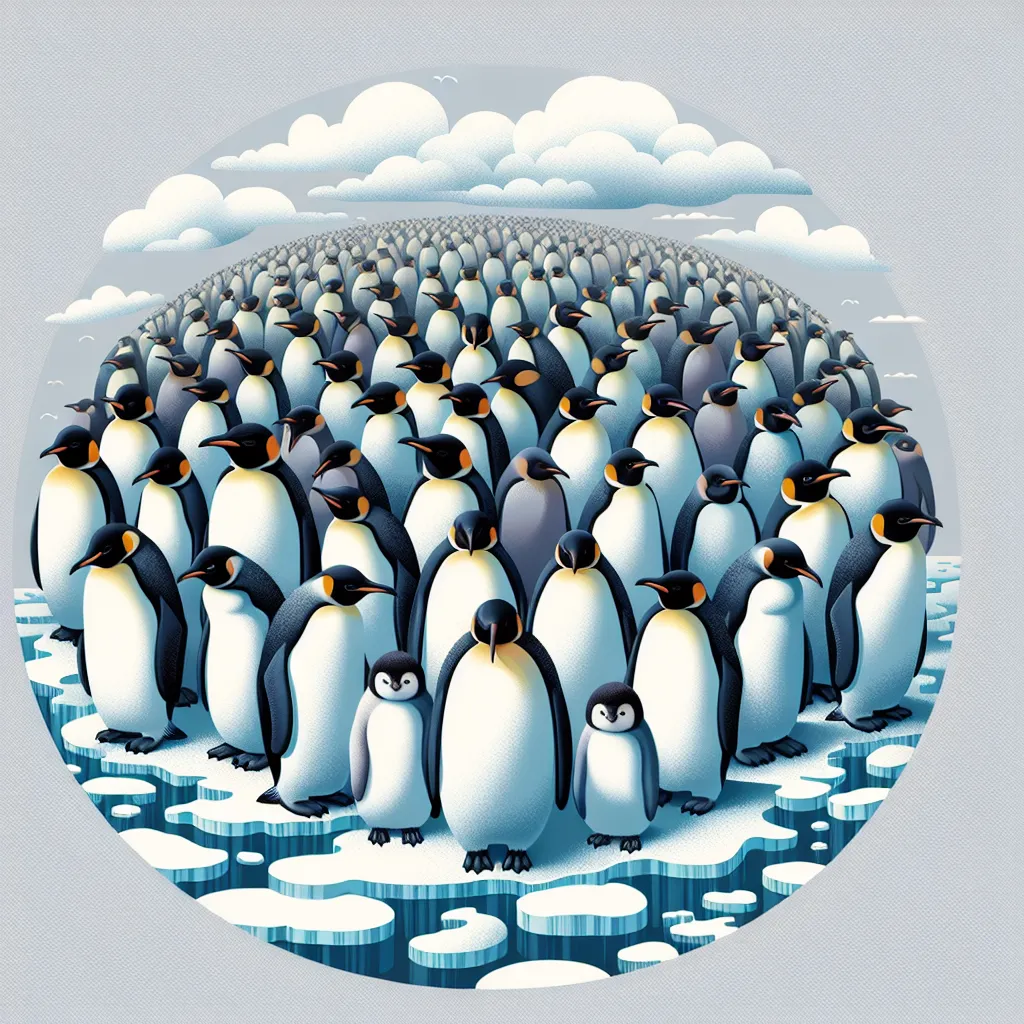
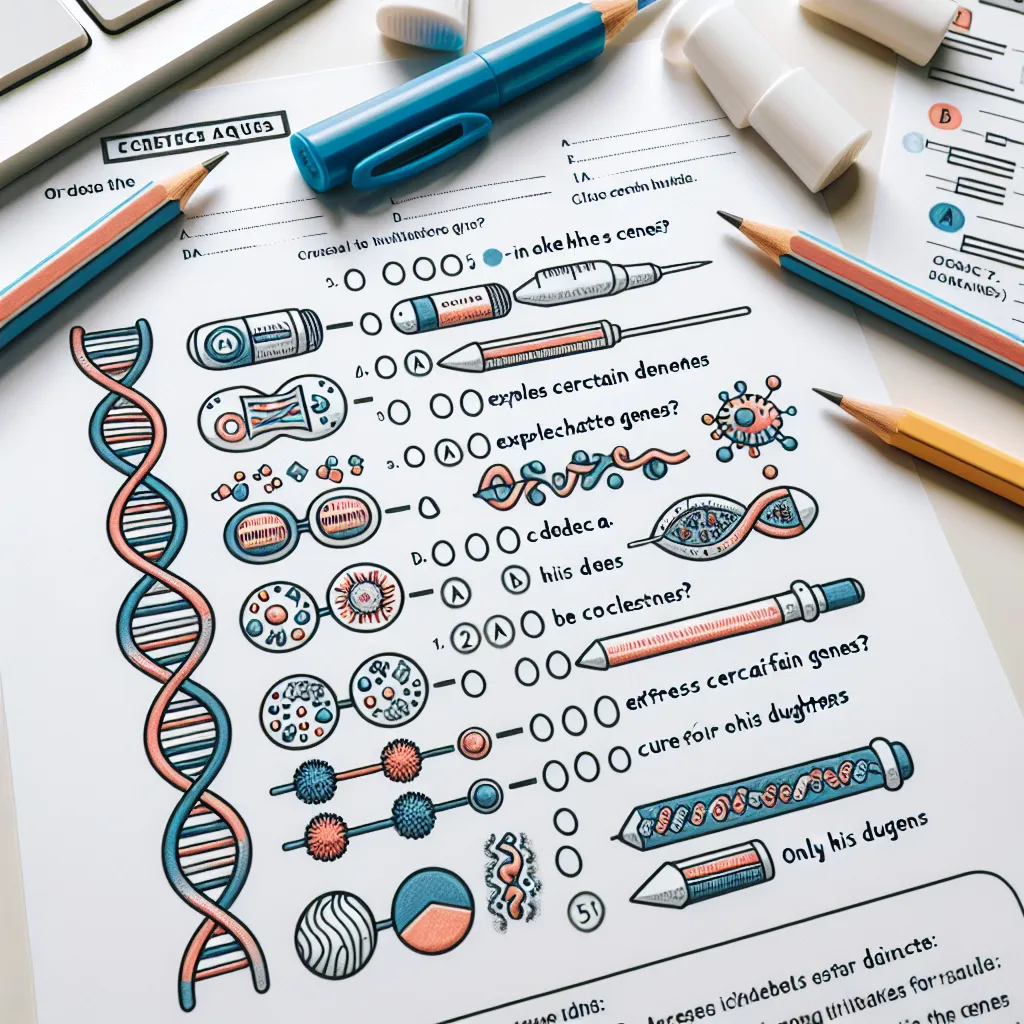
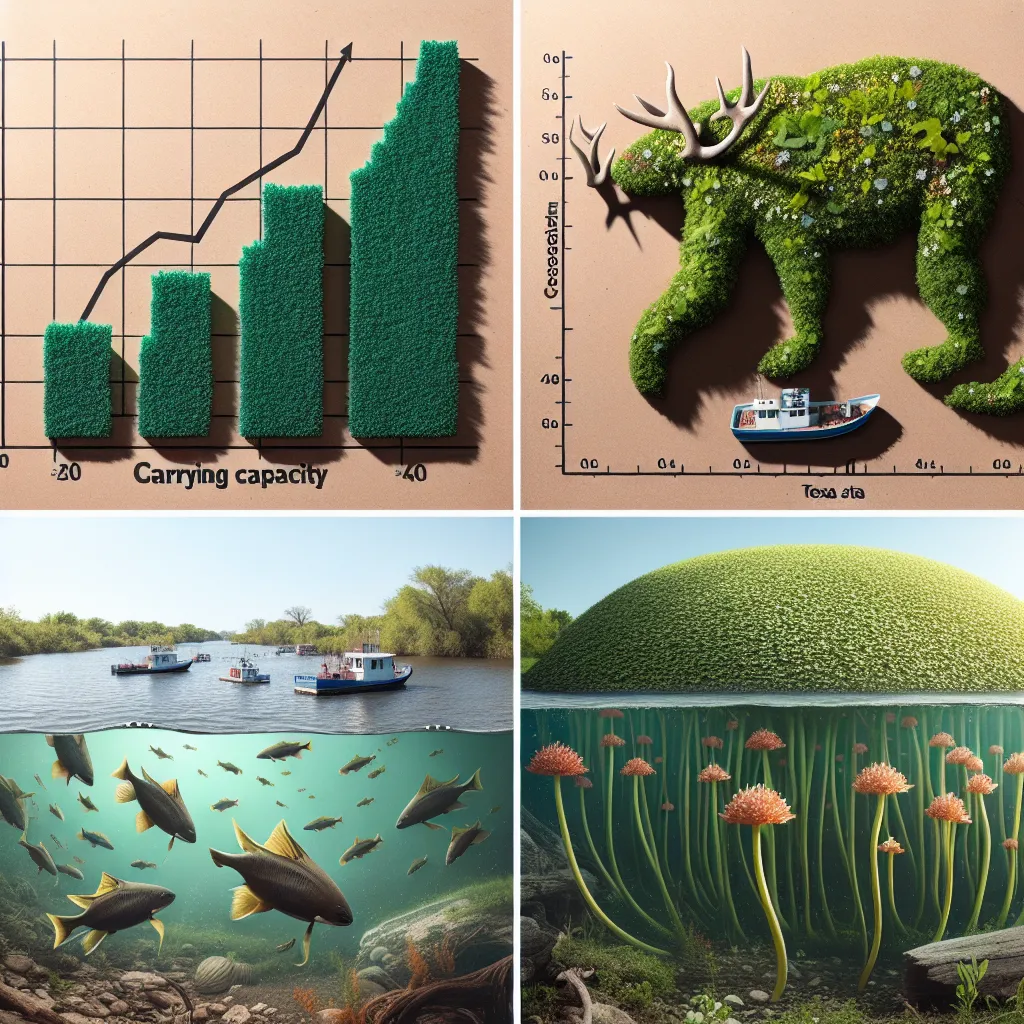


Post your own comment: